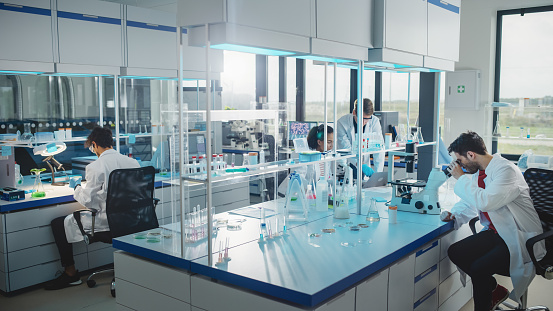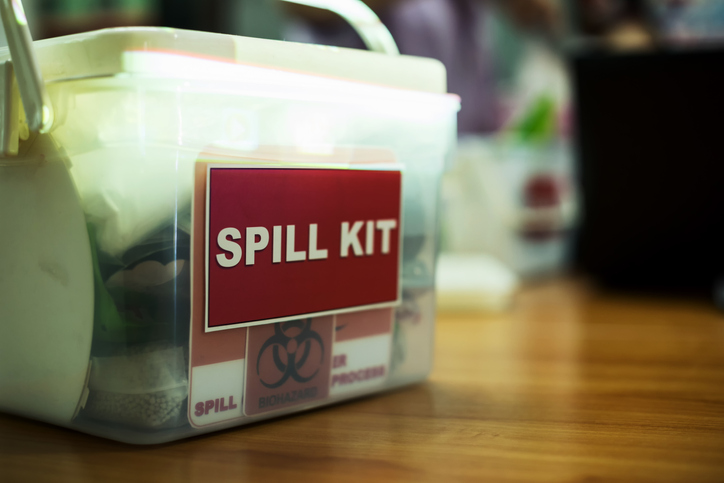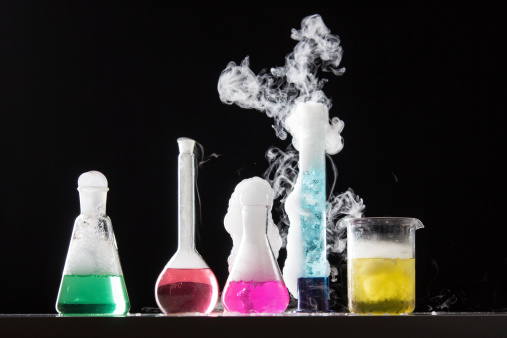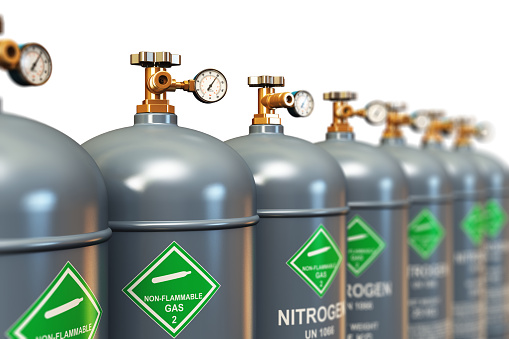Chemical Safety
USU accomplishments range from experiments that fly in space to new treatments for harmful diseases to new methods of water management. To maintain this reputation of research, projects and discoveries occur on campus on a daily basis in laboratories and centers scattered around campus and beyond. Some of the substances needed for researchers to conduct their studies are hazardous or require special handling.
EHS supports these research activities by helping scientists use and dispose of these substances safely.
Rachel Curry
rachel.curry@usu.edu
(435) 797-7423
Laboratory Safety Officer
Brayden George
brayden.george@usu.edu
(435) 797-2763
Chemical Hygiene Plan
Description of USU's chemical hygiene plan for laboratories. Forms and checklists for creating a chemical hygiene plan.
Chemical Spill Guidelines
Guidance to prepare for and handle a small or large chemical spill in the laboratory.
Definitions
Glossary of chemical hygiene and chemical safety terms. Definitions related to lab safety, chemical hygiene, industrial hygiene, and other research safety terms are included.
Flammable Guidelines
USU flammable liquid storage requirements. All flammable chemicals should be kept in a flame proof cabinet when not in use. Flammable liquids must be stored in appropriate storage cabinets when quantities exceed the total allowable quantities described in...
GHS Pictograms
Globally Harmonized System for the Classification and Labeling of Chemicals (GHS). Detailed information related to pictograms, including specific health effect, physical hazard, and environmental hazard classification definitions.
General Lab Rules
General rules for the safe handling of chemicals in laboratories at Utah State University.
Glove Chemical Compatibility Guide
A guideline for researchers and employees to select the proper gloves for chemical protective equipment.
Incompatible Chemicals
This is a listing of incompatible chemicals that can aid in identifying and preventing potential chemical compatibility issues.
Laboratory Fume Hood Information
Includes information related to the appropriate use of fume hoods including activities that should be conducted in a fume hood, how to ensure fume hood is operational, and other fume hood use guidelines.
Laboratory Safety Audit
Form used by USU EHS in auditing a lab for safety in a variety of safety fields including, general safety, emergency equipment, safety practices, chemical safety, and hazardous waste safety. This document can be used by all labs on campus as a resource to...
Liquid Nitrogen
Liquid nitrogen storage, handling, and use guidelines.
Particularly Hazardous Chemicals
Particularly hazardous chemicals require additional planning and consideration. The use of particularly hazardous chemicals must be described in a standard operating procedure (SOP) as part of the laboratory chemical hygiene plan.
Respiratory Protection
USU respiratory protection program information. This page contains information on how to obtain respiratory protection training and fit testing. The EHS Office dictates the type of respiratory protection required for tasks in research and occupational set...
Standard Operating Procedures
Guidelines for the development of a standard operating procedures (SOP). Considerations to take when creating an SOP including process information, potential hazards, PPE, engineering, and administrative controls.
Steps for Compliance
Steps for complying with the OSHA laboratory standard.
















